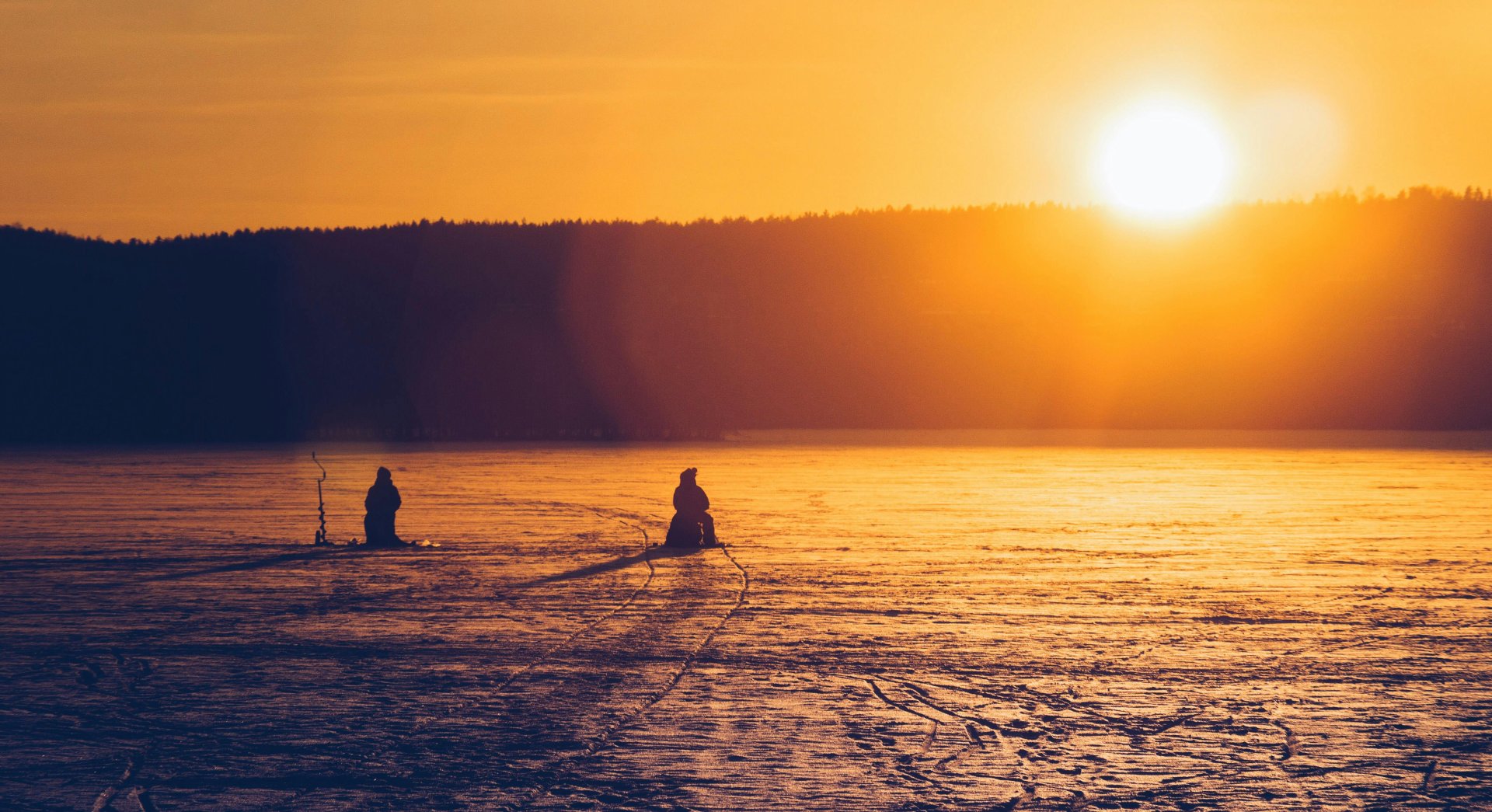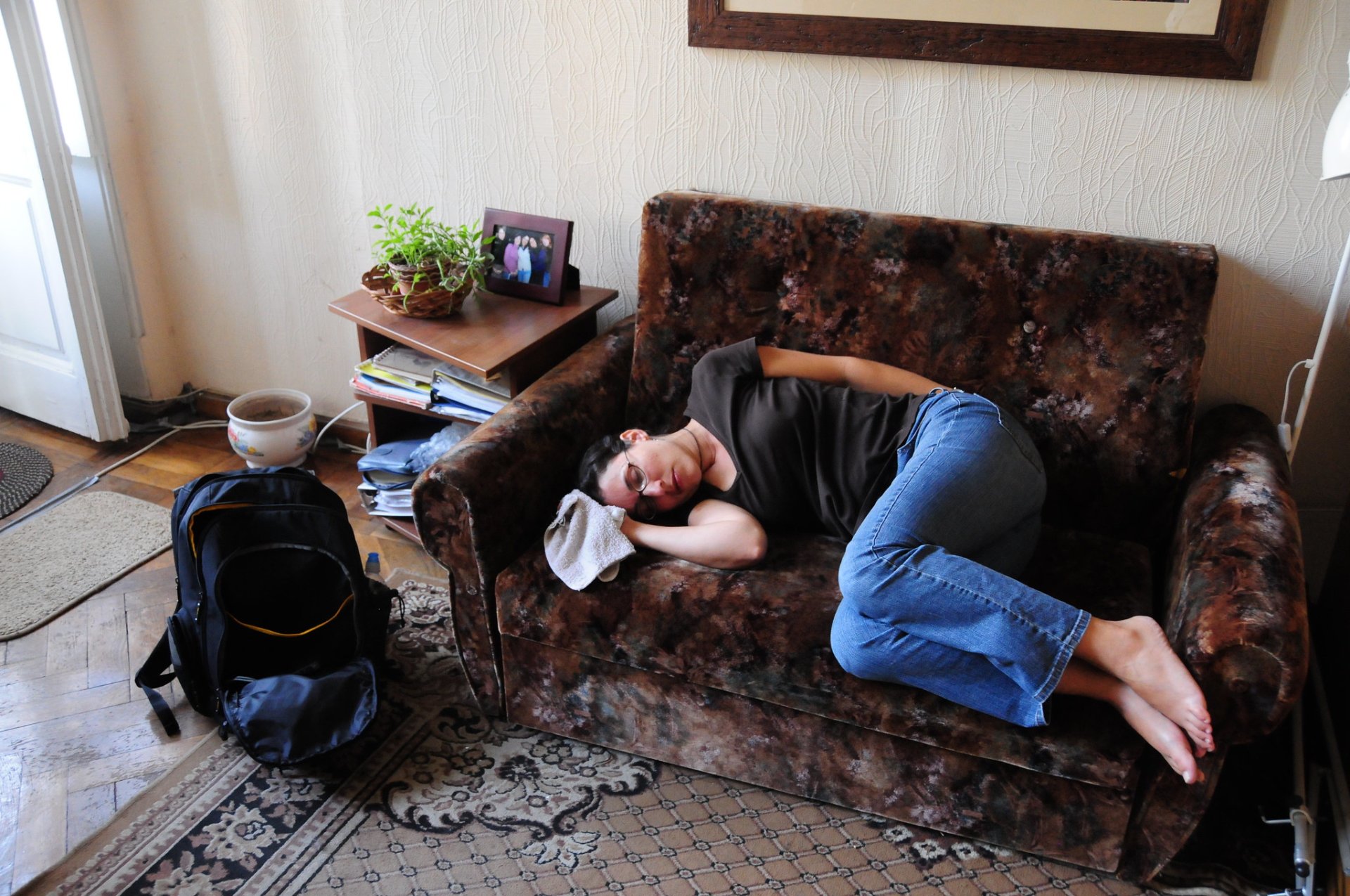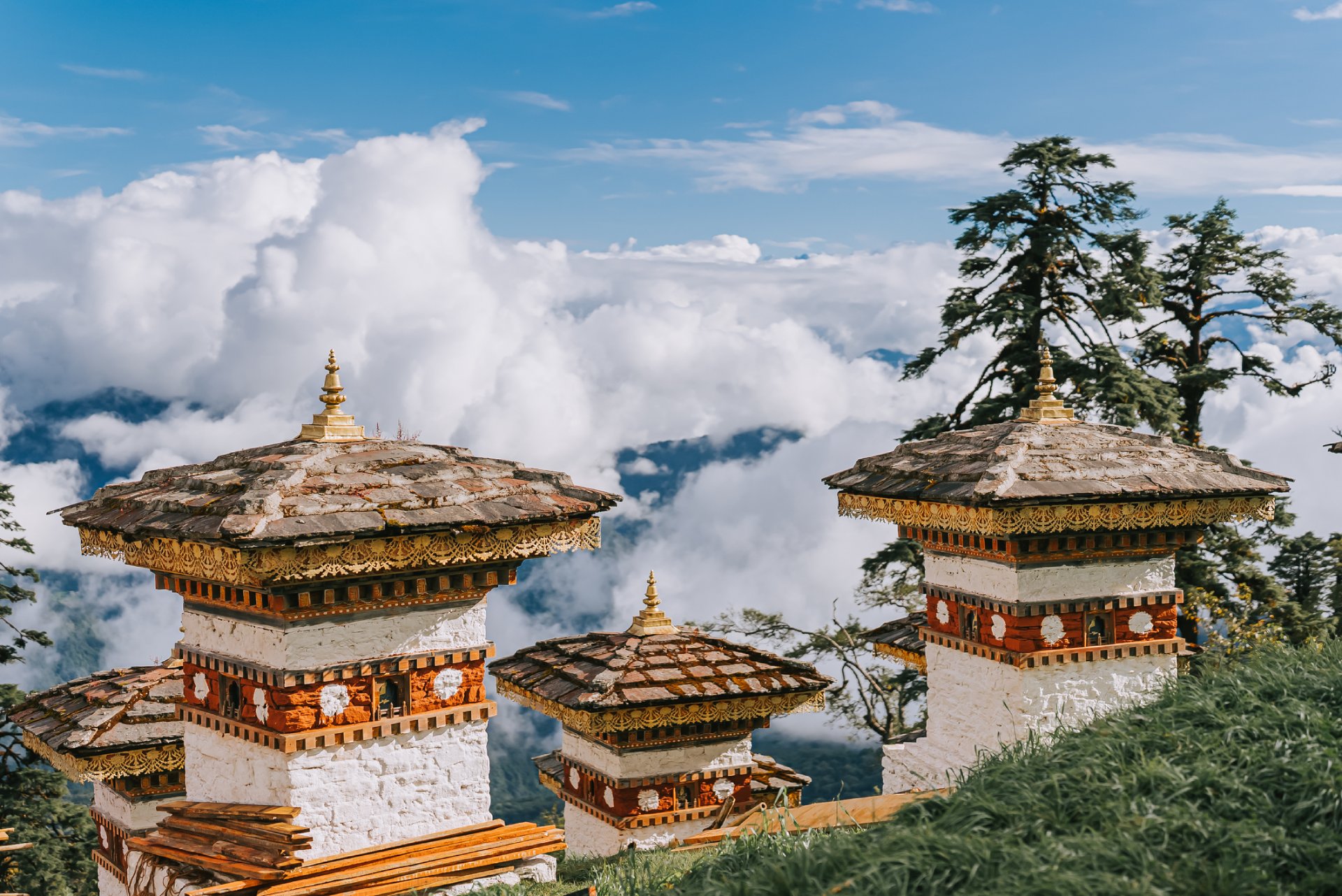Related Posts

Nov 15, 2024 9 mins read
Solo Travel for Women: The Safest and Most Dangerous Destinations

Nov 12, 2024 4 mins read
Mastering the Digital Nomad Life: Top Countries, Visa Requirements and Duty of Care Employer Responsibilities

Nov 07, 2024 9 mins read
Winter’s Coolest Catch: Global Rescue’s Ultimate Guide to Ice Fishing Adventures and Destinations

Nov 06, 2024 7 mins read
From Shore to Catch: A Global Rescue Guide to Surfcasting Worldwide

Nov 05, 2024 6 mins read
Traveler Scam Alert: How To Spot and Avoid Common Travel Deceptions

Nov 01, 2024 4 mins read
Holiday Travel Tips: Avoid Packing Wrapped Gifts in Carry-On Luggage

Oct 31, 2024 6 mins read
Lagging Behind? Not Anymore! Jet-Set Without Jet Lag

Oct 30, 2024 6 mins read
Emergency Phone Strategies for Global Travelers
General TotalCare Disclaimer:
- ©2024 Global Rescue LLC. TotalCare and the TotalCare logo are service marks of Global Rescue LLC. All Rights Reserved. Global Rescue LLC provides technical and administrative services to Elite Medical Group, P.C. (“Elite Medical”), a professional corporation owned by licensed physicians that employs or contracts with physicians licensed to practice medicine where medical services are provided. It is not guaranteed that a prescription will be written, nor will any DEA controlled substances, non-therapeutic drugs and certain other drugs which may be harmful because of their potential for abuse, as a result of a TotalCare consultation. Elite Medical physicians reserve the right to deny care for potential or actual misuse of services. The Global Rescue Mobile App is designed for operation on the current versions of Android and iOS operating systems. Availability of services is subject to your equipment compatibility, connectivity and signal in your location. There is no guarantee that all features and functionality will be available in your location. Use and availability of the Mobile App is subject to your service provider’s plan and may be subject to additional fees from your provider.
Extended Plan TotalCareSM:
- For individuals 85+, medical transport is not included in membership. Members 85+ may purchase medical transport on a fee for service basis.
Mobile Apps:
- Global Rescue Mobile Apps are designed for operation on the current versions of Android and iOS operating systems. Availability of services is subject to your equipment compatibility, connectivity and signal in your location. There is no guarantee that all features and functionality will be available in your location. Use and availability of the Mobile Apps are subject to your service provider’s plan and may be subject to additional fees from your provider. The download and use of a Global Rescue Mobile App is subject to the terms of your Member Services Agreement and the applicable End User License Agreement (EULA).
Mobile Apps:
- Global Rescue Mobile Apps are designed for operation on the current versions of Android and iOS operating systems. Availability of services is subject to your equipment compatibility, connectivity and signal in your location. There is no guarantee that all features and functionality will be available in your location. Use and availability of the Mobile Apps are subject to your service provider’s plan and may be subject to additional fees from your provider. The download and use of a Global Rescue Mobile App is subject to the terms of your Member Services Agreement and the applicable End User License Agreement (EULA).

